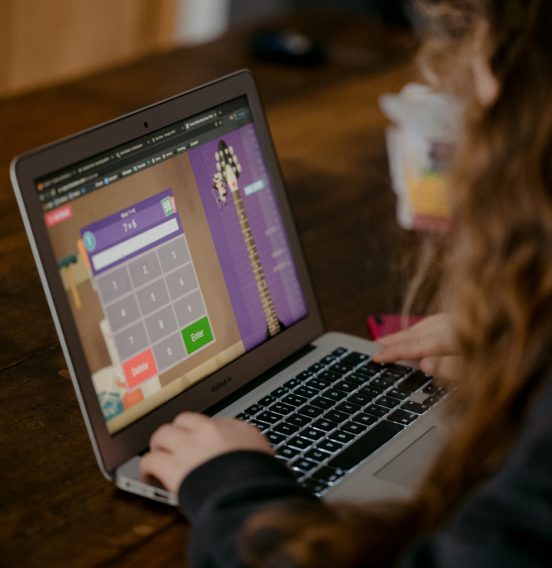Out of the four apps that members of our learning pod researched – Quizizz, Reading Eggs, Sushi Monster and Epic! Books – we have decided to conduct our final evaluation on Quizizz.
We reached this decision by discussing the varying advantages and disadvantages of each app in terms of functionality, technicality and pedagogical design as well as the extent of which Mayer’s multimedia learning principles were able to be followed and applied.
Below is a short video outlining the different features of each app.
Essentially, Quizizz is a free interactive multimedia application used to create short review games in varying forms such as multiple choice, check boxes, fill in the blanks, polls, or open-ended questions. Easily customizable with a high level of teacher and student control, Quizizz gamifies formative assessment using unique features such as class leaderboards and feedback ‘memes’ in a way which is accessible to a wide range of learners. As such, Quizizz works to fulfill a large number of Mayer’s multimedia guidelines including the feedback, signalling, and segmenting principles.
In particular, a strong feature which led us to favor Quizizz above the rest of the apps was its ability to indirectly facilitate content creation (beyond teacher curation) through student submitted questions or by building individual review games. While still effective applications, Reading Eggs, Sushi Monster and Epic! Books remain tools which only support the consumption of pre-designed information and activities and do not offer any additional opportunities to facilitate higher order thinking skills.
In our group, we plan to dive further into the different ways Quizizz may be integrated into classroom learning. Moreover, by evaluating Quizizz from a student perspective, we hope to highlight the many benefits of gamification and collaborative group review which Quizizz’s platform is able to provide.
Overall, we are looking forward to learning more about this interactive and multimedia learning application and how to implement it effectively into our classroom practice!





